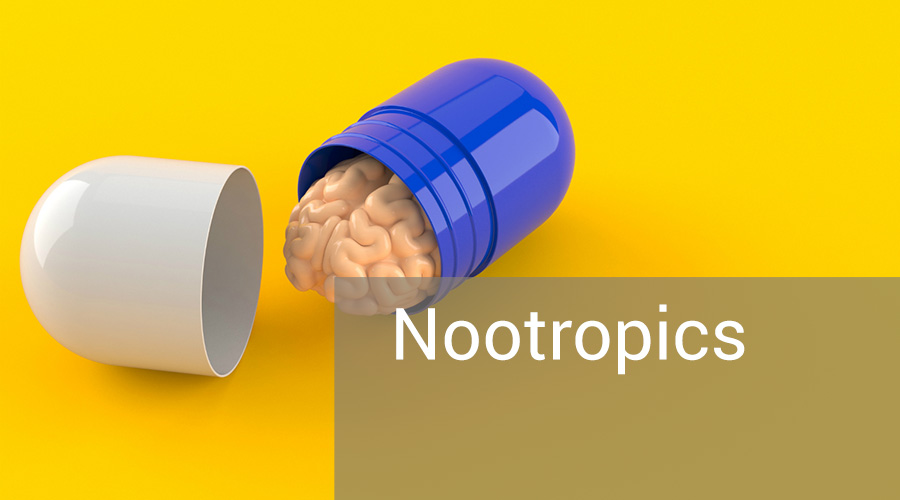Many people take nootropics to improve their cognitive abilities. The word ‘nootropic’ is derived from the Greek words for mind and bending, meaning “a substance that aids in mental activity.” Nootropics are a type of supplement that improves brain function. It has been shown that they can help with memory, focus, concentration, motivation, and other cognitive functions.
Contents
What are nootropics smart drugs?
Nootropics are substances used to improve brain function. Many people take nootropics to improve their cognitive abilities and overall quality of life. The word ‘nootropic’ is derived from the Greek words for mind (nous) and bending, meaning “a substance that aids in mental activity.” Nootropics are a type of supplement that improves brain function.
Since the human body isn’t able to produce these chemicals, they must be taken in through supplementation. The most common nootropics include L -theanine, which comes from green tea and has been shown to help reduce stress levels; caffeine (in small doses); piracetam; and modafinil. Some other types of supplements used by people as nootropic drugs are acetyl-L carnitine, alpha GPC, aniracetam, bacopa monnieri, and oxiracetam. Smart drugs also exist naturally in a number of food sources including eggs, broccoli, and fish oil.
Types of nootropic
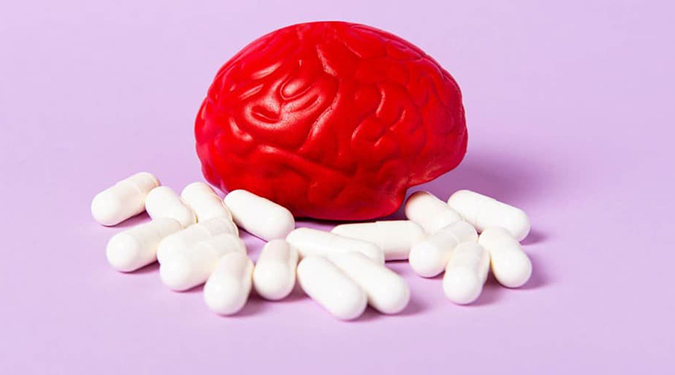
D’Adamo says that nearly everyone takes a nootropic, whether they are aware of it or not. He’s referring to caffeine here, and while overconsumption can be harmful, this natural stimulant has been found to improve thinking abilities. It doesn’t just make you feel more awake; caffeine also enhances your access to several chemicals (neurotransmitters) in your brains such as acetylcholine, which aids with short-term memory and learning.
Coffee and tea, on the other hand, are not the only beverages people use to get nootropic effects. They’re expanding their horizons to dietary pills. Some, such as ginseng and ginkgo, have yet to be proved effective. Others – including CDP-choline, L-theanine, creatine monohydrate, Bacopa monnieri, huperzine A, and vinpocetine – may still offer hope.
Another category of nootropics is racetams, which include piracetam. In the United States, these synthetic chemicals can be purchased over-the-counter, although they are regulated as prescription medications in some other countries. D’Adamo claims that these chemicals, which target neurotransmitters like acetylcholine, have been investigated in elderly individuals with cognitive decline. He does not propose them for most younger people who are in good health.
Prescription smart drugs, on the other hand, are often stimulants like those in ADHD medications. While these medicines are effective for many people with ADHD, they are not advised for others who just want to enhance their attention and concentration. Many college students take these sorts of pills illegally despite the fact that they may appear to aid in the short run. Insomnia, blurry vision, high blood pressure, a fast heart rate, circulation issues, and addiction are among the adverse effects.
Modafinil (Provigil) is another name for a prescription nootropic. It’s FDA-approved to treat narcolepsy, sleep apnea, and shift work disorder, although some investigations claim it might aid memory and learning in healthy individuals. Modafinil appears to be less harmful than other stimulant medications, but additional study is needed.
Side effects of smart drugs include
The jury is still out as to whether cognitive enhancement pills are safe. Safety is determined by a variety of criteria, including a person’s physical and mental health and whether they are taking other medicines that might interact with nootropics. It should also be noted that some people may misuse prescription smart drugs pills like Adderall in an illegal manner. Using nootropics, even if they’re authorized by the FDA, is not advised in these situations.
Taking nootropic cognitive enhancers, especially for those with co-occurring mental illnesses, may have unpredictable and hazardous consequences.
There have been several case reports documenting negative impacts after taking nootropics, including:
- Experiencing psychosis and paranoia
- Hypomania
- Severe anxiety
- Panic attacks
- Restlessness
- Exacerbation of underlying mental health conditions like schizophrenia, anxiety, depression, ADHD, obsessive-compulsive disorder, or bipolar disorder
Over-the-counter nootropics
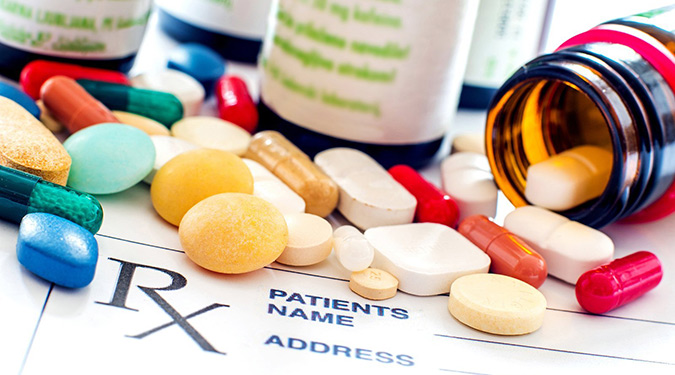
If you’re considering trying nootropic substances, talk it over with your doctor first. As with all medicines, you’ll want to inform your doctor about any health risks, such as possible interactions with other medications or ailments you have.
Keep in mind that although research exists on the subject, it is mostly small or restricted to the effect on elderly persons. Also, every individual’s brain chemistry is different, so what works for one person may not work for another, according to D’Adamo. However, these four types might have potential:
Caffeine
Due to its stimulant effects, many people drink beverages that contain caffeine, such as coffee or tea. Caffeine appears to be safe for the majority of individuals when consumed in moderate amounts, according to studies.
Having a regular cup of coffee or tea may be a good way to boost mental focus. However, extreme amounts of caffeine may not be safe.
The Food and Drug Administration (FDA) recommends that consumers get no more than 400 milligrams (mg) of salt per day. This is a trustworthy source.
Caffeine tablets and powders are frequently much more powerful than coffee. A lethal overdose of caffeine is possible, particularly if combined with other stimulants like guarana or kola nut.
Pregnant or planning to get pregnant should avoid or limit caffeine intake. Caffeine has been linked to a higher chance of pregnancy loss in studies.
L-theanine
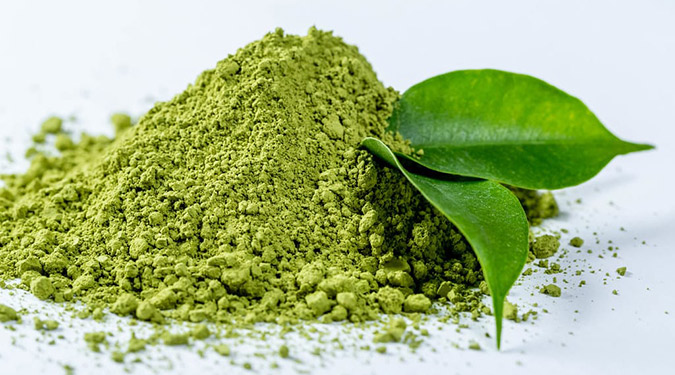
According to D’Adamo, this supplement seems to improve the mental effects of caffeine while reducing caffeine jitteriness. Combining caffeine and L-theanine has been found in studies to help you multitask more effectively. It’s perfectly safe to get this combination by drinking pure green tea, which contains both caffeine and L-theanine, although combining your usual coffee or tea with an L-theanine pill is also fine.
Don’t consume caffeine in pill or power form since it’s too easy to overdose. Caffeine, when taken in massive doses, can be poisonous and cause a racing heart and even seizures or death. Pure caffeine powder might contain the same amount of caffeine as 28 cups of coffee. The FDA states that the difference between a safe quantity and an excessive amount is only slight, which means that anything you put into your body has the potential to kill you.
Omega-3 fatty acids

Omega-3 fatty acids are one of the most well-known and extensively researched cognitive enhancers.
Omega-3 fatty acids are polyunsaturated fats found in fatty fish and fish oil pills. This type of fat is essential for brain health, and it must be consumed through food.
Omega-3s assist construct membranes around the body’s cells, including neurons, and play an important role in their maintenance. These lipids aid in the regeneration of brain cells.
Omega-3 fatty acids have been shown to protect against brain deterioration, according to a 2015 study. Omega-3s have also been linked to the proper functioning of the brain and nervous system.
However, a large study discovered that omega-3 polyunsaturated fatty acids (PUFAs) had no beneficial impact on cognitive function in cognitively healthy older individuals. The researchers advise continuing long-term research.
Omega-3 supplements may be found in a variety of forms, including fish oil, krill oil, and algal oil.
When used as directed, these pills have a low danger of adverse effects, but they may interfere with medicines that alter blood coagulation. Before taking them, speak to your doctor.
Racetams
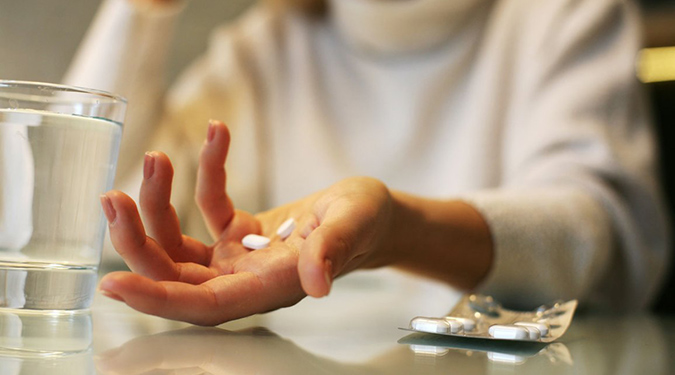
Racetams are chemical substances that impact neurotransmitters in the brain. The following racetams are examples of synthetic nootropics:
- piracetam
- pramiracetam
- phenylpiracetam
- aniracetam
Piracetam has been found to have neuroprotective effects in a study performed on rats.
“Some of the trials suggested that piracetam might have some benefit against dementia or cognitive impairment, but overall, the evidence is not consistent or positive enough to support its usage for this purpose.” This needs to be confirmed through further study.
There are no established dosages for racetams, so a user should follow the directions and see a medical professional. Overall, there have been no negative effects linked to taking racetams as directed in studies.
Ginkgo biloba

The Ginkgo tree (Ginkgo biloba) is native to China, Japan, and Korea. It’s been used as an herbal remedy for centuries.
A 2016 study found ginkgo Biloba to be “potentially beneficial” for improving brain function, but additional research is required.
According to one study, ginkgo Biloba may aid with dementia symptoms when taken in doses of more than 200 mg per day for at least 5 months.
However, the researchers of the study urge for further research. Also, because prescription nootropics are now available, ginkgo Biloba may no longer be the optimal option.
FAQ’s
Are nootropics effective?
While there’s some evidence to support their effectiveness, no conclusive data is available. This could be due to the fact that most studies are considered preliminary and small-scale.
The reason why most preliminary findings exist for nootropics may be because of a lack of large-scale trials on humans or insufficient follow-up time after taking them as well as other confounding factors such as diet, exercise, fatigue, etc.. However, research suggests they do work in certain cases but not all (as with any drug)
What if you have allergies?
If you’re allergic to bees then stay away from bee products like pollen or honey. If this sounds weird keep in mind that Pollen consists of 50% protein so it can affect your brain function even if you don’t like to eat it or get stung by bees. You can also find pollen in some chocolates and protein bars which will then again affect your brain function even if you didn’t want them to.
What is the best form of Nootropics?
Is powder better than pills? Should I go with capsules instead of tablets? Will a liquid solution be more effective than anything else? What are nootropics powders made out of anyway, what are their effects, etc.? These questions might pop up when reading about this subject on forums or blogs but these answers aren’t always correct either because there isn’t any scientific data available (yet) that would justify one method over another.
How long do I have to take nootropics for them to start working?
This is another question that doesn’t have a straightforward answer. It might depend on the type of nootropic you are taking, your age and cognitive function as well as other health factors. Dosages also vary so it’s best to speak with a medical professional before starting any kind of regimen. Generally speaking though, most users will need to take nootropics for at least two weeks before noticing any changes in their cognition or memory.
Conclusion
As you can see, nootropics are a powerful tool. If used right they can help improve your memory and cognition as well as have other benefits such as neuroprotection (used in case of Alzheimer’s or dementia), improving mental clarity and focus, increasing attention span while reducing stress levels. There are many different options available on the market today but we firmly believe that if you want to understand how this all works then it is best to get a degree in neuroscience so for now there’s only one option: reading our blog! Good luck with this side project because you will need it more than ever before

